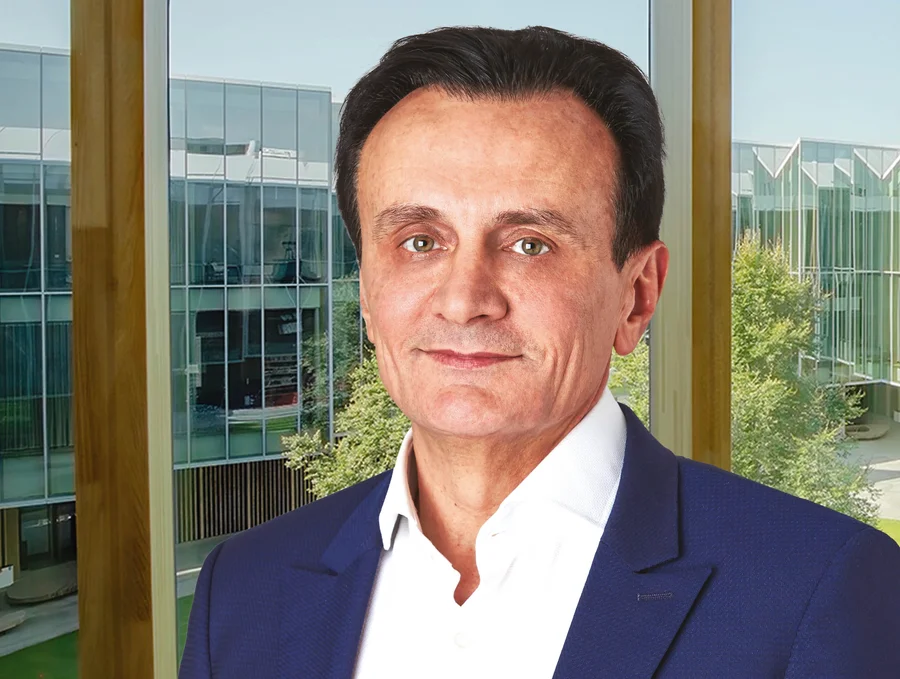Pharmaceutical manufacturer AstraZeneca reports a significant sales increase, although it faces regulatory scrutiny in China over its operations.
A remarkable surge in sales has propelled AstraZeneca to the forefront of the pharmaceutical industry, demonstrating a resilient commitment to its Chinese market despite facing a major challenge. The company has announced a robust 19% increase in global revenue, amounting to US$39.2bn, for the first nine months of this year.
This uptick in earnings has led the London-listed healthcare titan to revise its full-year revenue forecast upward, replacing a mid-teen percentage growth estimation with a more optimistic high-teen percentage prediction.
Specialised care fuels growth
The secret behind AstraZeneca’s financial health appears in part due to impressive growth across its specialised healthcare sectors. Cancer care, heart care and research-related revenue have seen respective increases of 22%, 21% and 24%. These areas underscore the company’s strategic focus on developing innovative, life-changing medicines.
Significantly, the firm continues its growth trajectory in China, where recent revenue reflects a 15% increase to US$1.7bn compared to the same period last year. CEO Pascal Soriot, who has spearheaded the company’s rapid expansion in China, emphasises the importance of this market in contributing to AstraZeneca’s wider transformation.
Despite the rosy picture painted by these figures, the company faces increasing skepticism from the Chinese authorities, undergoing investigations relating to past and present employees. These probes delve into serious allegations including medical insurance fraud and the illegal importation of drugs, challenging the company’s operations in one of its most crucial markets.
Honouring its mission, AstraZeneca has reaffirmed its dedication to the delivery of innovative treatments to Chinese patients, in face of the ongoing investigations associated with accusations which also involve the mishandling of personal information.
Healthcare executives under scrutiny
The stakes heightened for AstraZeneca when it confirmed that Leon Wang, its head of Chinese operations, had been detained. This development is part of a broader inquiry that includes accusations against both former and current executives over the illegal importation of oncology medications.
A disturbing revelation involved about 100 former employees who faced sentencing in relation to an alleged medical insurance fraud that falsified patient results to qualify them for reimbursements for the cancer drug Tagrisso. Other drugs such as Enhertu, Imjudo and Imfinzi are also under the microscope over illegal imports and improper patient data handling.
Despite these challenges, Soriot has conveyed his intention for transparent cooperation with Chinese authorities. He stated: “If requested, we will fully cooperate with the authorities.”
A nervous healthcare market reacts
The combination of these allegations and ongoing investigations has noticeably impacted AstraZeneca’s market performance. The company’s shares dipped over 10% following the initial announcement of the investigations on October 30, shedding about £17bn in market value and causing AstraZeneca to lose its crown as the FTSE 100’s most valuable company.
The outcome of these investigations remains uncertain, but they cast a significant shadow over AstraZeneca’s business operations in its second-largest market. Amid these tribulations, the company aggressively pursues a goal to nearly double its global annual sales from US$46bn in 2023 to US$80bn by 2030.
Rumours circulating in the Chinese pharmaceutical community suggest that the case might have political undertones, considering Wang’s connections and ambitions within the Chinese Communist Party. According to a statement he made during AstraZeneca’s 30th anniversary in China, Wang expressed that the company should embody patriotism, reflecting love for the Communist Party and the country, spotlighting the complex blend of business and politics in this market.



